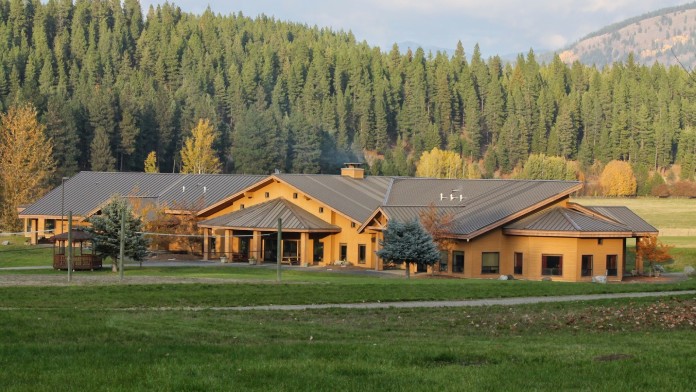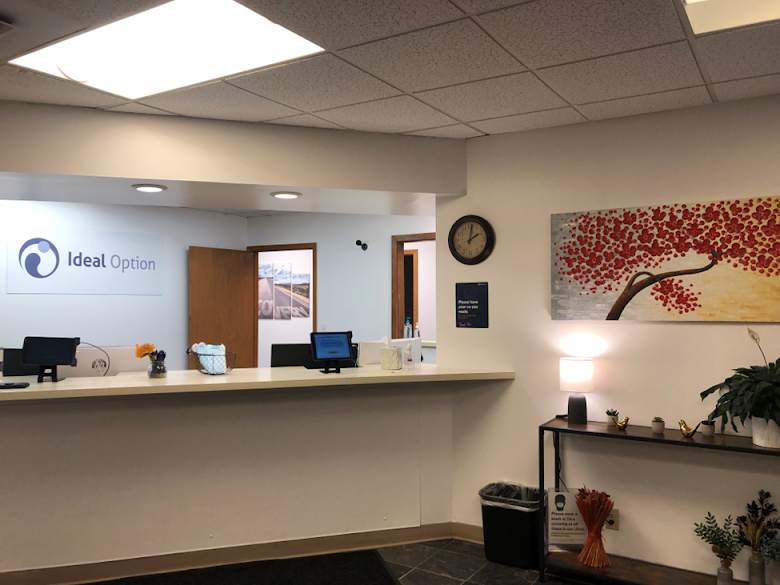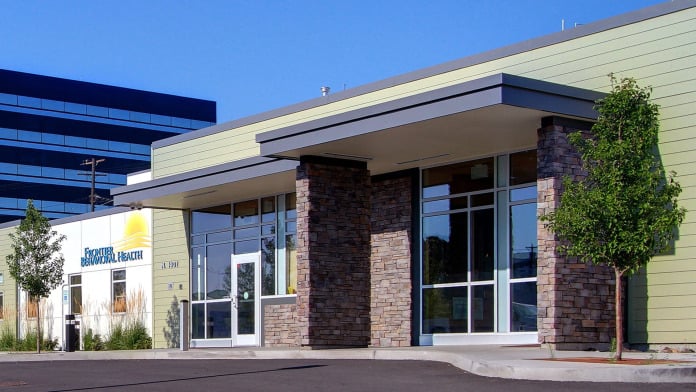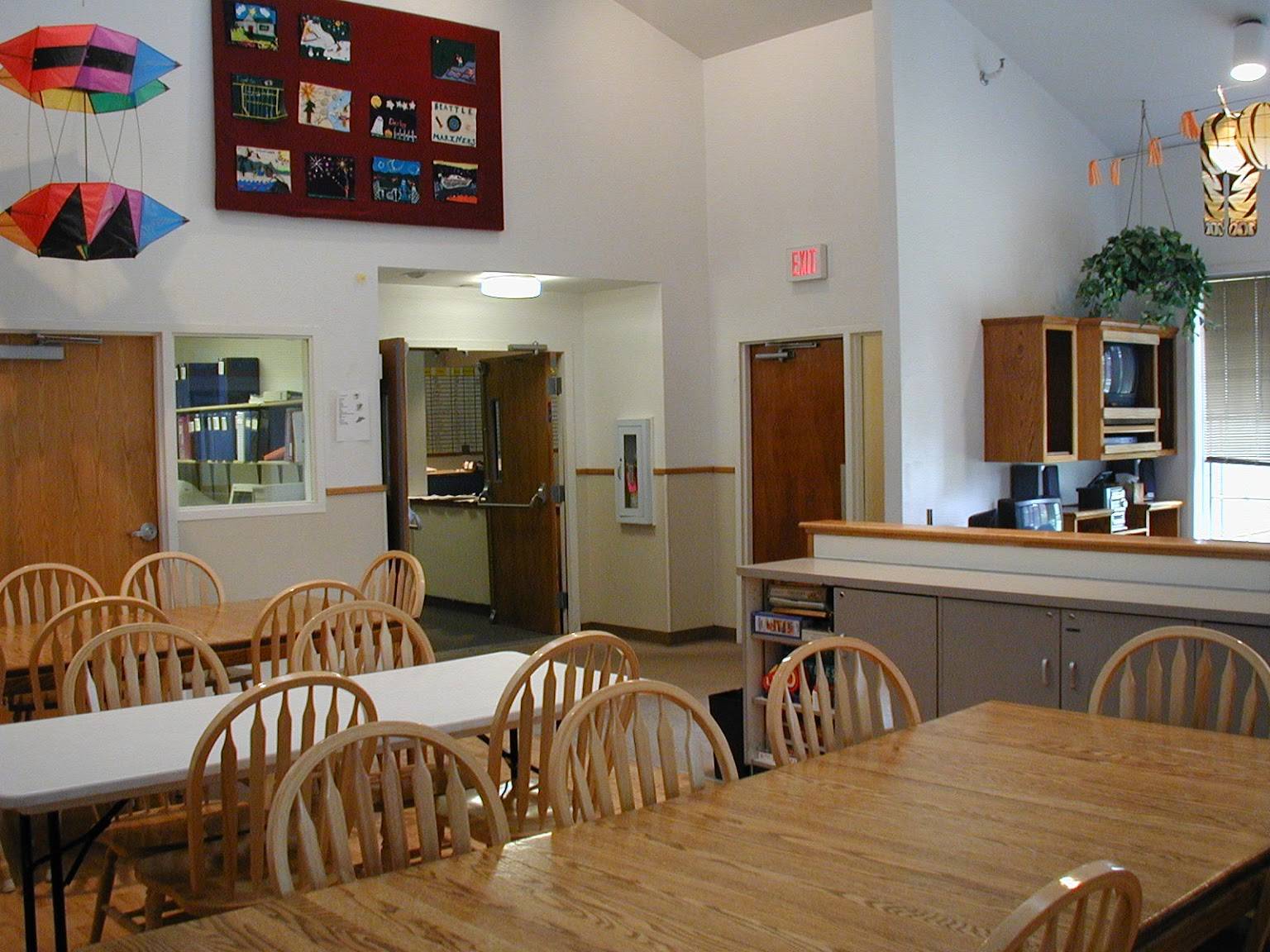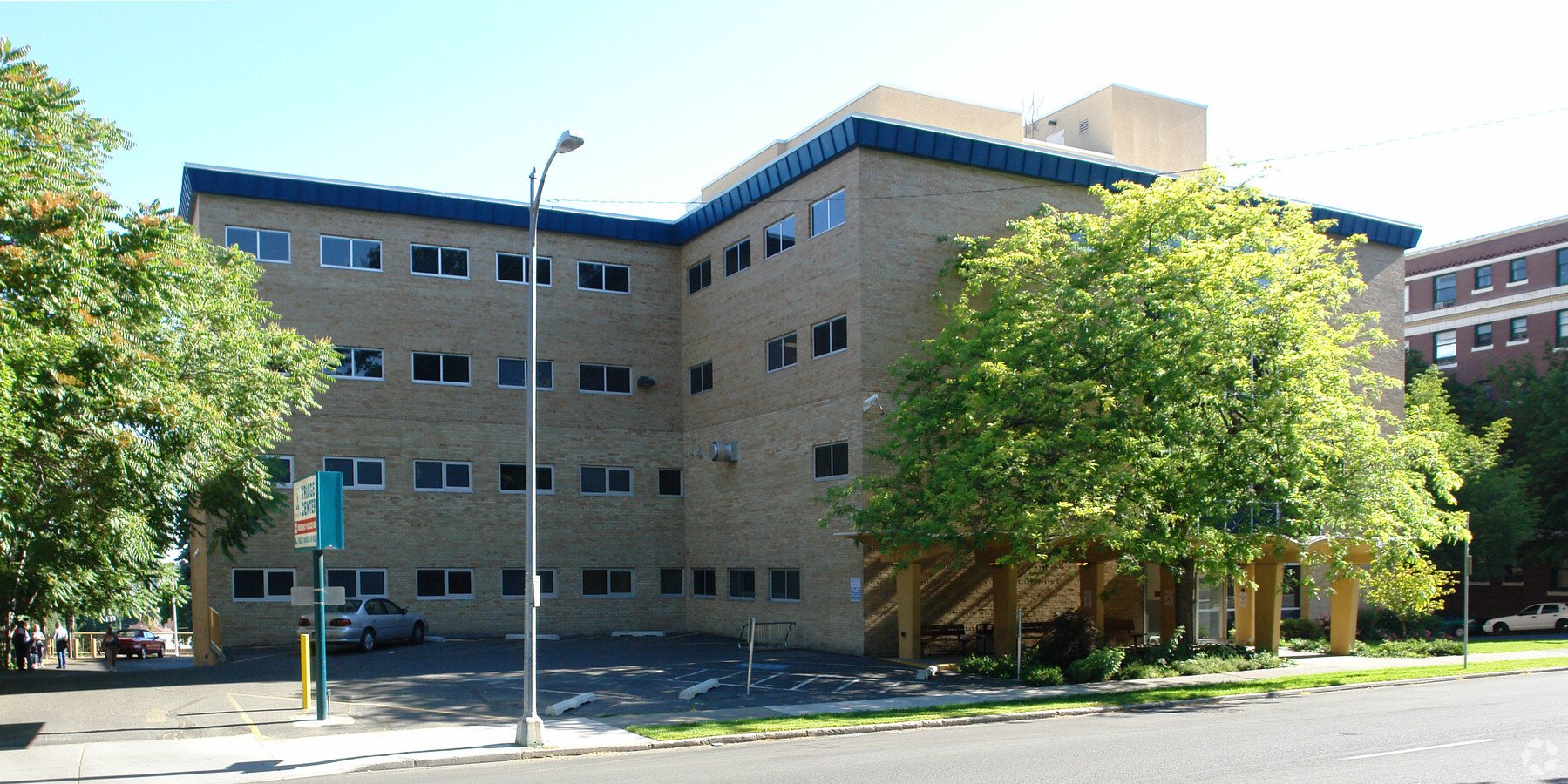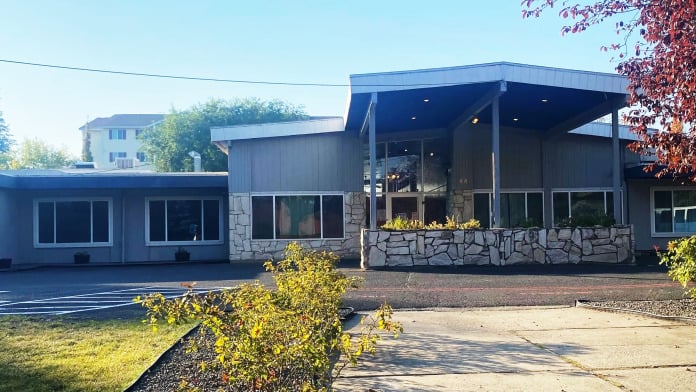About Turning Winds
They collaborate with most significant insurers. They are an out of network provider that works with all major payers for treatment ranging from residential care, partial hospitalization, and intensive outpatient care. They are certified by Cognia. They have 45 beds and a team of 50 staff members. The state of Montana has granted their education staff complete certification. The small class sizes of 10 to 12 students enable teachers to concentrate their time and energy on meeting the unique needs of each student.
Students regularly graduate from their school with a high school diploma and their accreditation is recognized across the country. Students can also start enrolling in courses at the college level. It has been possible for their students to obtain up to 20 transferable college credits while they have been there.
A diverse medical staff is employed to meet the needs of all the teens in this facility which is supervised by a nursing staff that is on site 24/7. They offer individualized care and medication management through their psychiatric nurse practitioner and adolescent psychiatrist. For teenagers with addiction disorders, they have a dedicated addiction program.
Although stays can last up to 12 months or longer depending on the specific needs of each teen, they typically last around nine months. Their program is unique in that it combines the benefits of nature, complete academic support, and a robust therapeutic experience that includes individual, family, group and addiction therapy into a strength based approach that equips teenagers with the skills they need for a successful future. On their distinctive campus, you can go fishing, hiking, and biking as well as engage in backpacking and skiing sports.
Facility Overview
Latest Reviews
This was such a beautiful description of our culture, process and team. Thank you so much for taking the time to share your Turning Winds experience. Indeed, it is about the whole family and we are so proud of the work that you and your family have put into this journey. We hope the best for you and your family moving forward.
Kind Regards,
The Turning Winds Team
Kind Regards,
The Turning Winds Team
Rehab Score
Gallery

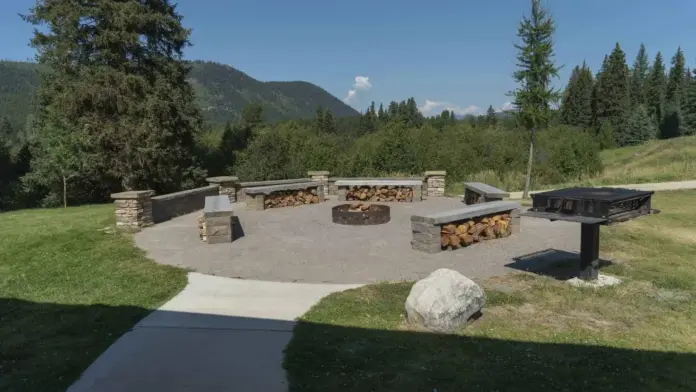
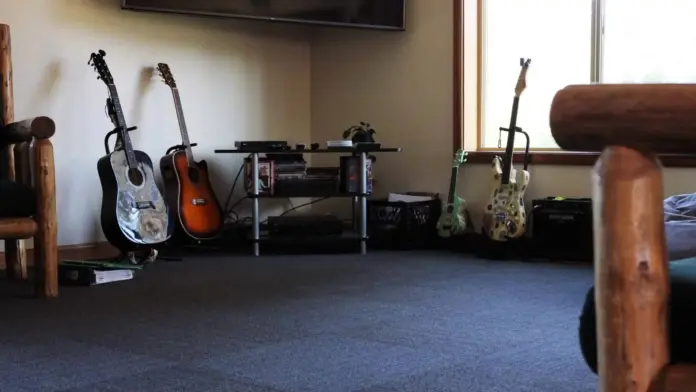
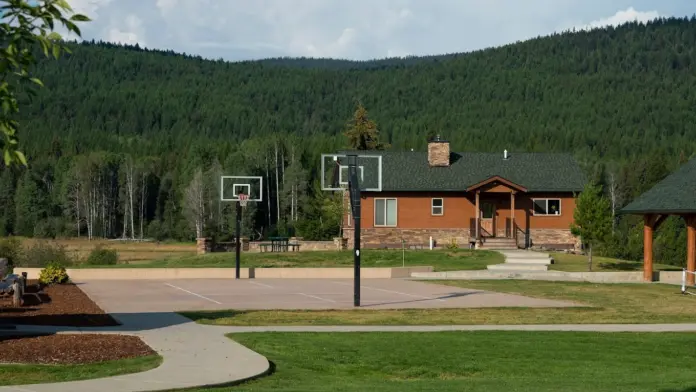
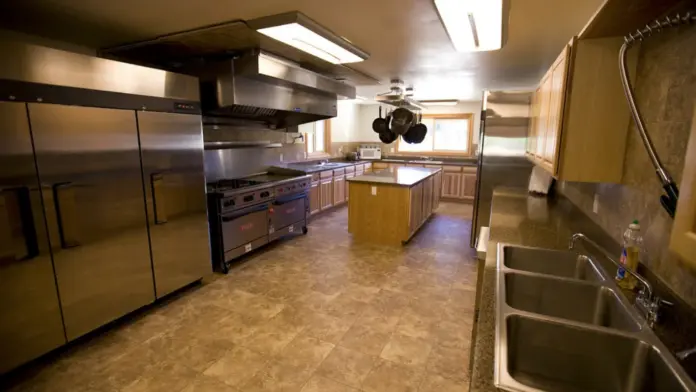
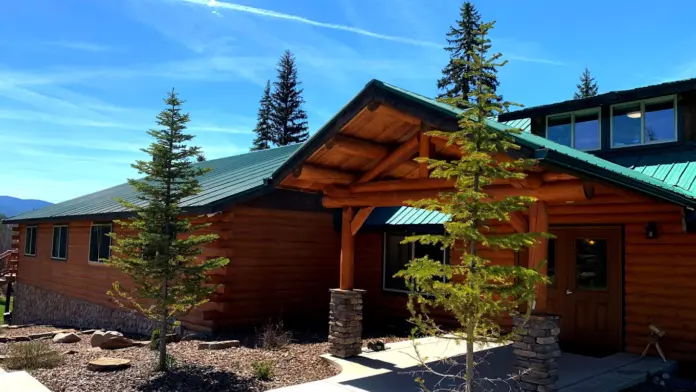
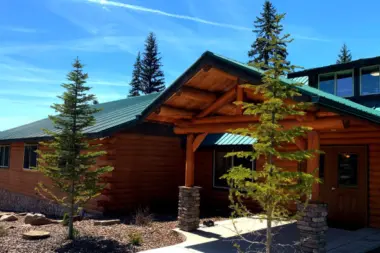
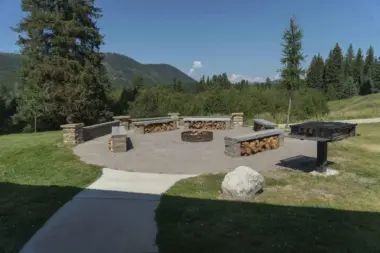
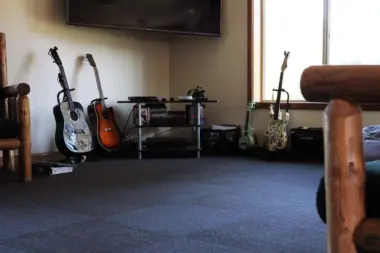
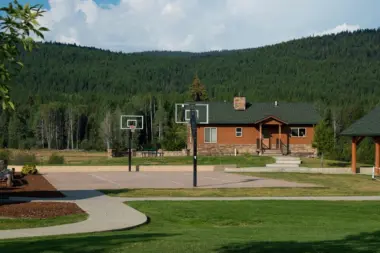

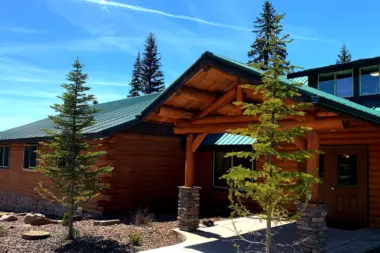
Accepted Insurance
Other Forms of Payment
Private insurance refers to any kind of healthcare coverage that isn't from the state or federal government. This includes individual and family plans offered by an employer or purchased from the Insurance Marketplace. Every plan will have different requirements and out of pocket costs so be sure to get the full details before you start treatment.
Self-pay involves paying for treatment out of your own pocket. You can use savings or credit, get a personal loan, or receive help from family and friends to fund your treatment. If you don't have insurance or your insurance plan doesn't cover a specific program, self-pay can help ensure you still get the care you need.
Addiction Treatments
Levels of Care
Clients enrolled in outpatient rehab typically reside in their own homes and many continue to work and/or attend school while receiving addiction treatment. The frequency and intensity of outpatient treatment varies based upon the clients' evolving needs. Many programs offer a full continuum of outpatient care, including partial hospitalization (PHP), intensive outpatient (IOP), sober living/halfway housing, and standard outpatient services. The most common treatment modalities are psychotherapy, life skills training, and medication assisted treatment (MAT).
Clients participating in a rehab aftercare program have typically already completed detox and/or intensive inpatient treatment and are reintegrating into their home, workplace, and community. Rehab aftercare services generally include outpatient counseling, recovery education, holistic care, and medication assisted treatment (MAT). Many clients also continue to receive recovery support after being discharged from outpatient treatment. Case managers and care teams help clients access the services they need at each phase of the recovery journey.
Addiction recovery based on 12 step program models emphasize emotional, psychological, and spiritual growth. The 12 step recovery strategy depends on intensive peer support, including regular attendance at group meetings, which are anonymous, free, open to the public, and available 365 days per year in most communities. Participants also receive one-on-one mentoring from a self-selected peer sponsor as they work through the 12 steps of recovery, which relate to self-awareness, forgiveness, accountability, and acceptance.
A successful drug intervention in Montana requires careful collaboration between family members and intervention services. An intervention specialist helps the individual understand how their substance abuse is affecting themselves and others and understand how treatment can help. This professional may be certified as an interventionist or possess other mental health qualifications. They walk everyone through the intervention step by step, then provide follow-up services for treatment.
Often referred to as "day treatment," a partial hospitalization program (PHP) provides structured therapy and support while allowing you to return home each day. PHP treatment is often used as a short-term alternative to inpatient hospitalization or a step-down option after a residential program. With a minimum commitment of 20 hours per week for an average of 90 days, PHP treatment often provides relapse prevention, medication management, and behavioral therapy services. Most providers offer coverage for PHP treatment.
Withdrawing from drugs or alcohol on your own can be difficult and even dangerous. That's why detox facilities offer 24-hour clinical care in Montana to manage this process for you. Withdrawal symptoms can lead to heart palpitations, seizures, or other severe reactions. However, in a supervised clinical setting, medical staff are available to treat these symptoms and allow you to safely detox and overcome drug dependence.
Treatments
Substance rehabs focus on helping individuals recover from substance abuse, including alcohol and drug addiction (both illegal and prescription drugs). They often include the opportunity to engage in both individual as well as group therapy.
Programs
Adult rehab programs include therapies tailored to each client's specific needs, goals, and recovery progress. They are tailored to the specific challenges adult clients may face, including family and work pressures and commitments. From inpatient and residential treatment to various levels of outpatient services, there are many options available. Some facilities also help adults work through co-occurring conditions, like anxiety, that can accompany addiction.
Young adulthood can be an exciting, yet difficult, time of transition. Individuals in their late teens to mid-20s face unique stressors related to school, jobs, families, and social circles, which can lead to a rise in substance use. Rehab centers with dedicated young adult programs will include activities and amenities that cater to this age group, with an emphasis on specialized counseling, peer socialization, and ongoing aftercare.
Clinical Services
During cognitive behavioral therapy in Montana, patients learn to be their own therapists. They develop coping skills so they can change their thinking and behavior in day to day life. This helps them overcome mental and substance use disorders.
Your rehab program in Montana may include dialectical behavior therapy (DBT). This method helps you understand your feelings, accept them, and learn to manage them. With the skills you develop, you'll be able to make positive changes. Sessions include both individual and group settings.
Group therapy sessions for men and women are facilitated by trained therapists who incorporate evidence based therapies to help you recover from drug and alcohol addiction. Therapies like cognitive behavioral therapy and motivational interviewing help support lasting change and sustainable recovery.
Part of drug and alcohol addiction treatment is the use of individual therapy to encourage a collaborative process between the therapist and the patient. This helps uncover the root causes of substance use and address the personal experiences and emotional struggles that may drive addictive behavior. Ultimately, patients gain insight and develop new coping skills to support recovery.
The role of the counselor who applies motivational interviewing is to listen and reflect rather than offer advice or warnings. By expressing the client's own thoughts back to them, the therapist allows the client to reflect on their motivations and come to their own conclusions about their need for change.
Trauma therapy helps you process traumatic events that you may have witnessed or experienced. This is the first step to healing from these events, integrating them into a more coherent narrative, and improving your resilience.
Couples therapy is a form of talk therapy. The goal is to relieve distress in the relationship and improve interactions between the two partners. This often involves learning ways to manage feelings, communicate, and resolve conflict.
Family therapy offers a platform for open and honest dialogue about the challenges that addiction has created within the family unit. Using guided sessions, your therapist helps family members develop healthy communication skills and address unresolved issues. By working together, families can help support their loved one's sobriety.
Life skills are the foundational abilities you need to manage day to day life and stress. They are a set of interpersonal and psychological skills that allow you to navigate challenges and perform necessary tasks. Training in these skills is incorporated into drug rehab to equip you for success in recovery.
Typically, addiction leads to poor dietary choices, which leads to nutrient deficiencies. You don't get the vitamins and minerals you need for daily functioning, which can make recovery even harder. Nutrition therapy addresses these issues and gives you the dietary support you need to get on the right track for recovery.
Amenities
-
Residential Setting
-
Private Rooms
Staff & Accreditations
Staff
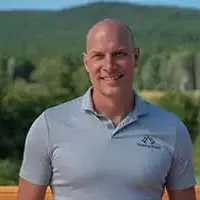
John Baisden Jr MOL
Founder & CFO & CMO

Owen Baisden, M.Ed
CEO
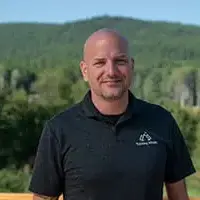
Carl Baisden
COO
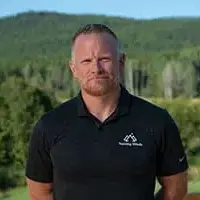
Enoch Stump
Program Director
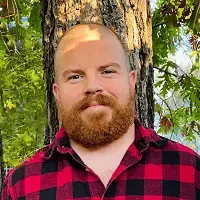
Eric Loesch
Admissions Director

Dr. John Gordon, M.D.
Medical Director
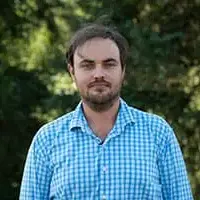
Danny Baucum
Outreach Director

Jared Sartell, LCSW
Clinical Director
Accreditations

The Commission on Accreditation of Rehabilitation Facilities (CARF) is a non-profit organization that specifically accredits rehab organizations. Founded in 1966, CARF's, mission is to help service providers like rehab facilities maintain high standards of care.
CARF Accreditation: Yes

The Joint Commission, formerly known as JCAHO, is a nonprofit organization that accredits rehab organizations and programs. Founded in 1951, the Joint Commision's mission is to improve the quality of patient care and demonstrating the quality of patient care.
Joint Commission Accreditation: Yes
Contact Information
31733 South Fork Yaak Rd
Troy, MT 59935
